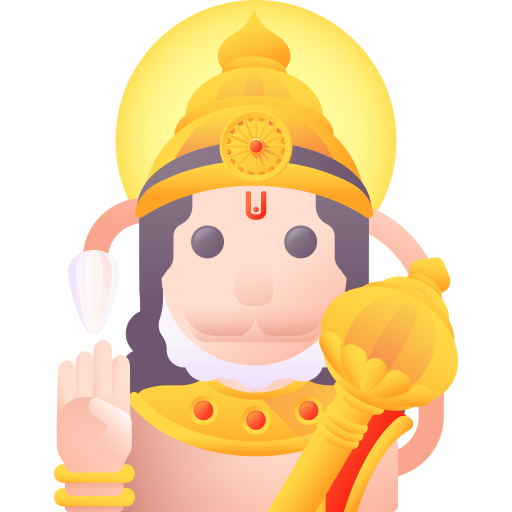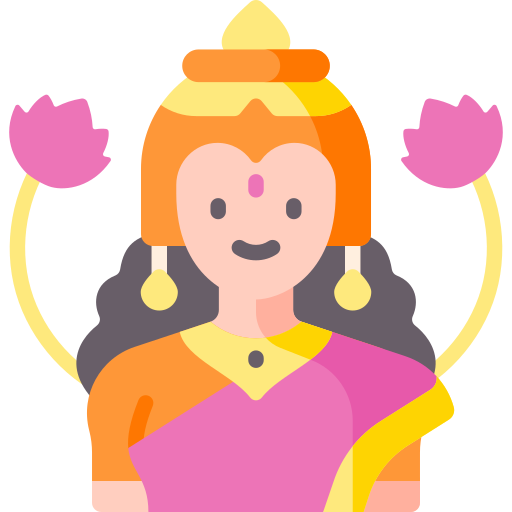
















How Ramnavami Festivals Bridge Generational Divides: Passing Down Stories and Traditions to Future Generations
Ramnavami is a significant Hindu festival celebrated in honor of Lord Rama, one of the incarnations of the god Vishnu. This auspicious day marks the birth of Lord Rama, a revered figure in Hindu mythology known for his virtues, righteousness, and exemplary conduct. The festival is observed with great enthusiasm and devotion by millions of Hindus around the world. Beyond the religious significance, Ramnavami also serves as a powerful cultural force that brings together generations, enabling the passing down of stories and traditions to future generations. In this blog post, we will explore how Ramnavami festivals bridge generational divides by uniting families and communities through shared experiences, rituals, and teachings.
Key Takeaways
Here are the key takeaways:
Deep Insights (FAQ)
Q.What is the significance of Ramnavami in Hindu mythology?
Ramnavami commemorates the birth of Lord Rama, an embodiment of virtue and righteousness in Hindu mythology. The festival symbolizes the victory of good over evil and serves as a reminder of the importance of upholding moral values.
Q.How do families celebrate Ramnavami?
Families celebrate Ramnavami by offering prayers to Lord Rama, reciting hymns and prayers, visiting temples, preparing traditional sweets and dishes, and sharing stories and legends related to Lord Rama's life.
Q.What role do stories and traditions play in Ramnavami celebrations?
Stories and traditions associated with Ramnavami serve as a means of passing down cultural heritage and values from one generation to another. They help in fostering a sense of identity, belonging, and continuity within families and communities.
Q.Why is it important for younger generations to participate in Ramnavami festivals?
Younger generations benefit from participating in Ramnavami festivals as it allows them to learn about their cultural roots, traditions, and religious beliefs. It helps in instilling a sense of pride, respect, and appreciation for their heritage.
Q.How can Ramnavami festivals help in bridging generational divides?
Ramnavami festivals provide a platform for elders to share their knowledge and experiences with younger family members, fostering a sense of connection and continuity. By engaging in rituals, stories, and traditions together, families can bridge generational gaps and strengthen familial bonds.
